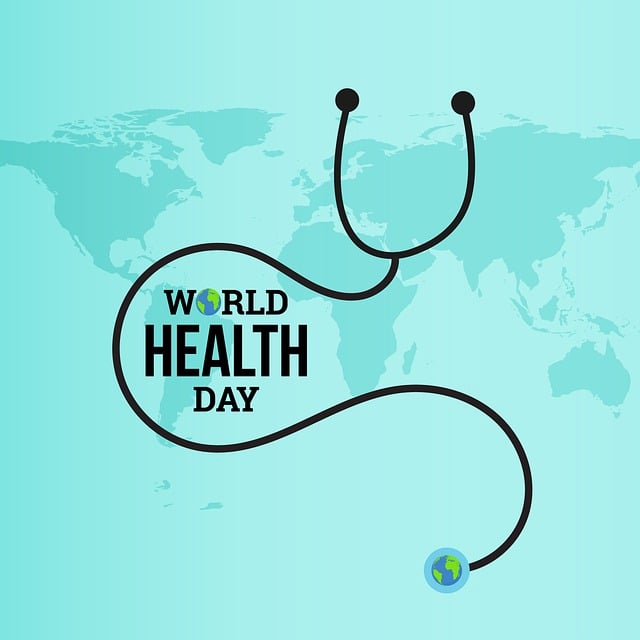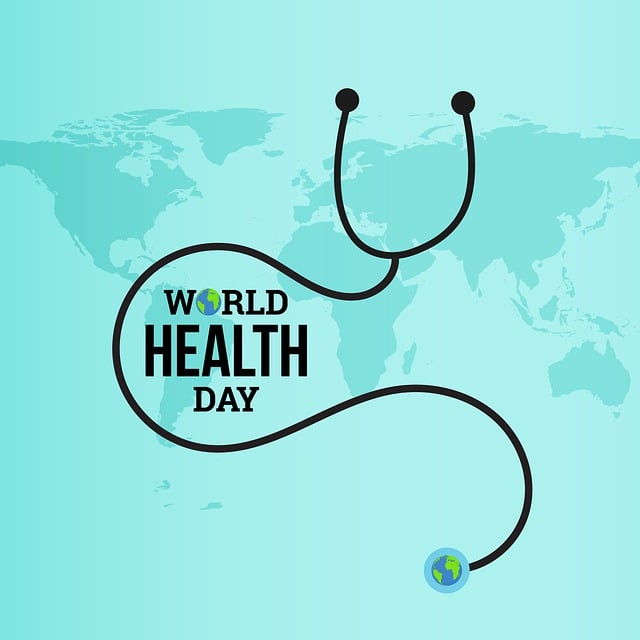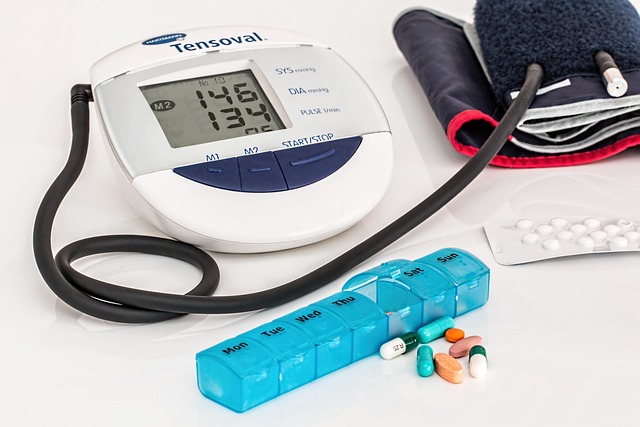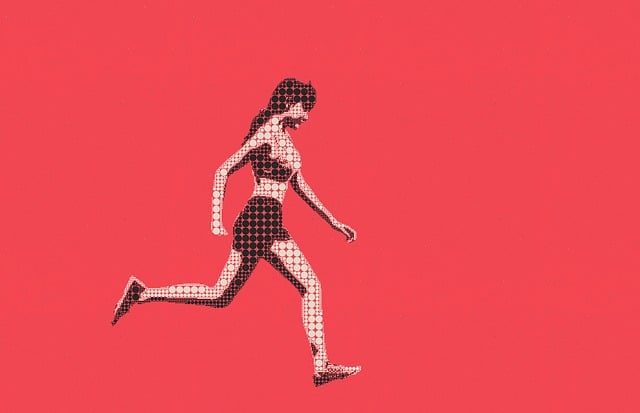Healing & Justice: Navigating Heartland Abuse Claims

Survivors of Heartland Behavioral Health abuse seeking justice require a multi-step approach. They m…….
News In A Flash!
In today’s complex global landscape, understanding the nuances of behavioral health abuse is more critical than ever. This article delves into the intricate world of Heartland Behavioral Health Abuse, exploring its multifaceted aspects, impacts, and potential solutions. By examining its historical foundations, global reach, economic implications, technological integrations, policy frameworks, and societal challenges, we aim to provide a comprehensive overview for readers seeking insights into this critical issue.
Heartland Behavioral Health Abuse refers to the misuse or excessive engagement in behaviors that significantly harm an individual’s mental, emotional, or physical well-being, often leading to social, economic, and legal consequences. This includes a range of activities such as substance abuse, compulsive gambling, eating disorders, internet addiction, and excessive use of technology, among others.
The core components of this phenomenon can be broken down into several categories:
Historically, behavioral health abuse has been viewed as a personal choice or moral weakness, often stigmatizing those who struggle with it. However, growing awareness and research now recognize these conditions as complex chronic diseases that require professional intervention and support systems for effective management.
Heartland Behavioral Health Abuse is not limited to any particular region or demographic; it transcends borders and affects individuals across the globe. The World Health Organization (WHO) estimates that mental health disorders, including substance use disorders, affect over 264 million people worldwide, with many cases remaining untreated due to various barriers.
Key trends shaping the global landscape include:
Regional disparities exist, with higher rates of behavioral health abuse observed in developed countries due to factors like easier access to healthcare and higher levels of stress and isolation. However, emerging economies are also experiencing an uptick, driven by urbanization, changing lifestyles, and improved awareness.
The economic impact of Heartland Behavioral Health Abuse is substantial, affecting both individuals and society at large. Direct costs include healthcare expenses for treatment, hospitalization, and medication, while indirect costs arise from lost productivity, unemployment, and increased crime rates.
Technology plays a dual role in Heartland Behavioral Health Abuse, both as a contributor to the problem and as a powerful tool for intervention and recovery. The digital landscape offers new avenues for treatment, support, and prevention:
While technology offers hope for more effective intervention, it also presents risks, such as increased screen time and the potential for digital addiction. Balancing the benefits and drawbacks requires a thoughtful approach to digital health initiatives.
Addressing Heartland Behavioral Health Abuse involves navigating a complex web of policies and legal frameworks that vary significantly across countries and regions. Effective prevention, treatment, and recovery support require collaboration between healthcare providers, policymakers, and law enforcement agencies.
Key policy considerations include:
Despite growing awareness and advancements in treatment, individuals struggling with Heartland Behavioral Health Abuse often face significant challenges in accessing support and achieving recovery. Stigma remains a major barrier, leading to feelings of shame, isolation, and hesitation to seek help.
Other obstacles include:
Addressing Heartland Behavioral Health Abuse requires a multi-faceted approach that involves individuals, families, communities, healthcare providers, policymakers, and researchers. Here are some key strategies for prevention and recovery:
Heartland Behavioral Health Abuse is a complex, multifaceted issue that demands immediate attention and collective action. By understanding its global impact, economic implications, and societal challenges, we can work towards creating a more supportive environment for individuals facing behavioral health issues.
The journey to recovery begins with recognition, resilience, and access to care. Through education, awareness, and collaborative efforts, we can break down barriers, reduce stigma, and empower individuals to lead healthier, happier lives. This is not just a responsibility but a collective imperative for building resilient communities and ensuring a brighter future for all.

Survivors of Heartland Behavioral Health abuse seeking justice require a multi-step approach. They m…….

Heartland Behavioral Health (HBH), a mental health provider with locations across several US states,…….

Heartland Behavioral Health has a responsibility to prioritize patient safety and prevent abuse. Rec…….

Recognize abuse at Heartland Behavioral Health, take prompt action within time limits. Access local…….

Survivors of Heartland Behavioral Health Abuse are bravely sharing their stories, exposing systemic…….

Heartland Behavioral Health Abuse cases reveal systemic mistreatment and unethical practices, includ…….

Serious allegations of abuse at Heartland Behavioral Health, revealed through testimonies and invest…….

Heartland Behavioral Health faces urgent need to address recent abuse claims through swift investiga…….

Heartland Behavioral Health Abuse victims and families need holistic support, including legal guidan…….

The text emphasizes the complex nature of Heartland Behavioral Health Abuse cases, highlighting alle…….